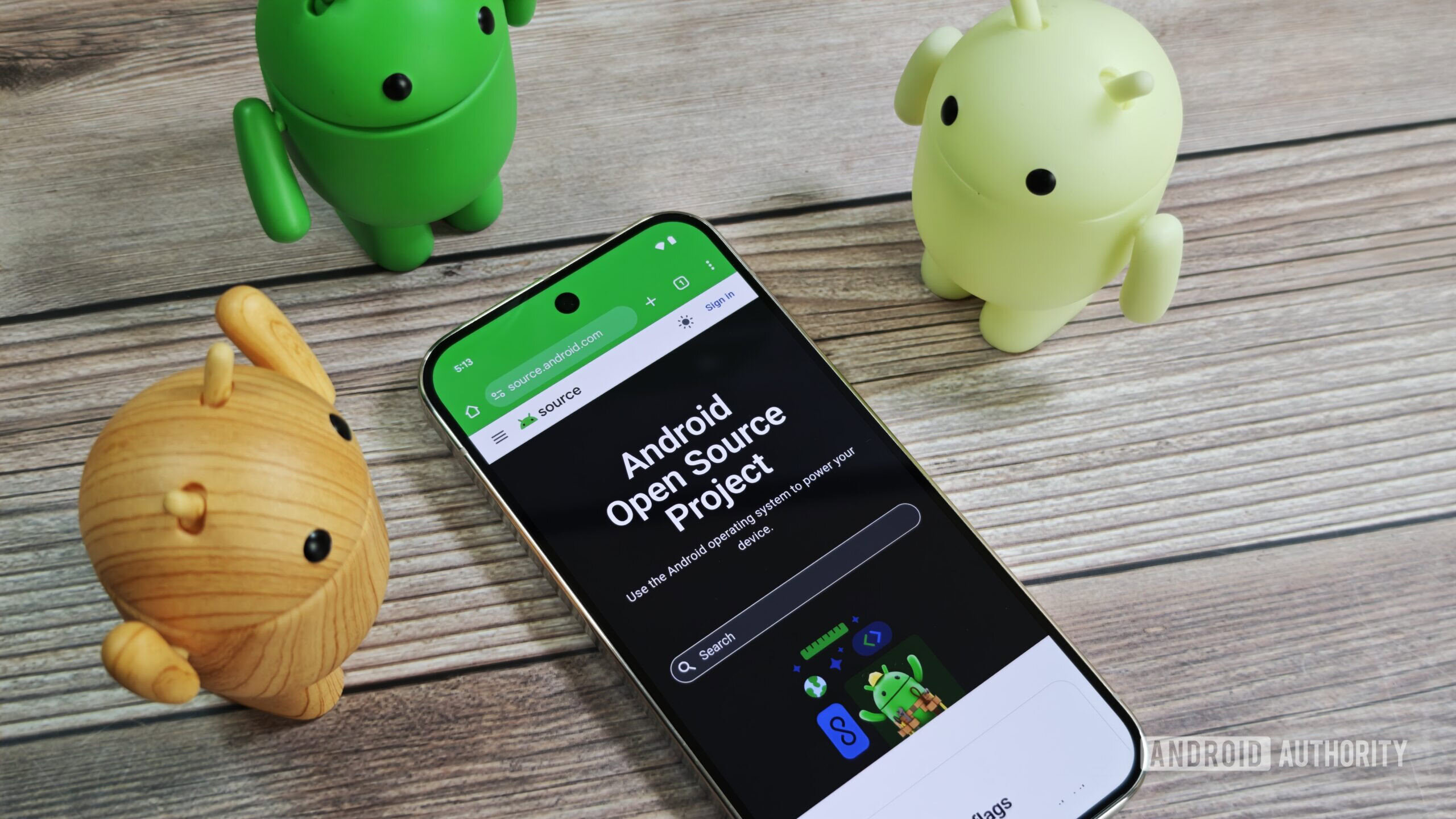No matter the manufacturer, every Android phone has one thing in common: its software base. Manufacturers can heavily customize the look and feel of the Android OS they ship on their Android devices, but under the hood, the core system functionality is derived from the same open-source foundation: the Android Open Source Project. After over 16 years, Google is making big changes to how it develops the open source version of Android in an effort to streamline its development.



They can’t close the source code as long as they use the Linux kernel, right? Besides, Android is popular among other companies because they can customize part of it as they see fit.
This change isn’t really that drastic, because Android never really followed the open source way of doing things. The article even explains that this won’t change much even for ROM developers, since they’re not creating releases based on “work in progress” branches.
Really the only difference is that Google will spare the work of merging two separate branches often and solving conflicts that might as well be turning into a nightmare as the code base has grown.
They can’t close the kernel. They already distribute Android with proprietary software - for example Google Play services and DRM services.
Quite true. Linux and all modules loaded into it are GPL licensed. The userland and tooling on the other hand can be licensed however. They are free to close source on anything except kernel code.
This is about AOSP, which apparently is separate and uses the MIT licence.
I can’t see it making a huge difference, Android has always been in that “OSS but not FOSS” area of basically being completely owned and controlled by Google.
Android is Android/Linux, not GNU/Linux.
The Linux kernel is compatible with a closed source userland, what makes GNU/Linux attract the userland towards open source, is GNU’s glibc, other libc alternatives don’t have that effect.